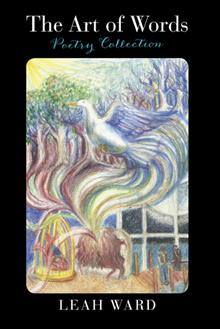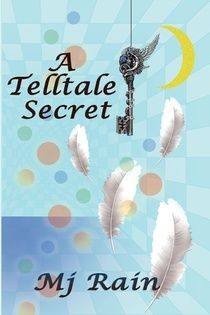
With the final book in Keira Andrews’ Gay Amish trilogy, we are returned to where the story started, but this is a book that is all about change. With Isaac and David forced to reconcile their past, A Way Home ultimately looks to the future, and once again demonstrates Andrews’ skill at crafting multi-layered complex characters and riveting narrative journeys.

Interestingly, Isaac and David’s relationship isn’t the major narrative thrust of this book, and so it shouldn’t be. Their relationship, despite some blips in San Francisco, was cemented in the first two books of the trilogy. While their emotional and sexual relationship is still entirely present and still thrilling viewing, it is not the only thing at play. What matters here is how the other aspects of their lives fall into place. The numerous scenes of their families and friends persuading them to return to plain living and away from worldly temptation are frustrating reading, and intentionally so, since we as readers know how damaging this community is to them and are rooting for them to escape it once and for all. But, like in the earlier novels, Andrews does not condemn the Amish live, and shows a number of supporting characters to be happy and suited with it.
Perhaps the most compelling aspect of this story is the character of Aaron. Travelling across the country to help his brother, but with a family that refuses to even look at him, Aaron’s journey in this novel is both tragic and one of strength, and is the biggest factor in Isaac contemplating his place in life. David, meanwhile, is still plagued with guilt about abandoning his mother and sisters, made simultaneously better and worse by his being replaced by his mother’s new husband. This is a novel where our protagonists are in flux, and there is a real sense of consequence to each story beat.
While A Forbidden Rumspringa was written from Isaac’s point of view, and A Clean Break from David’s, A Way Home switches perspectives between the two characters, a technique which echoes the story. Isaac and David now present a united front, and it is only fitting that each are given equal attention. It also allows for a stronger emotional connection to be established, which is revealed both in Andrews' characteristically erotic sex scenes, and in the moments of high drama.
With this presumably being our last visit to these characters, Andrews gives them all, including the supporting characters, a respectful and well-crafted ending, but leaves the story open enough for a potential return to Zebulon or San Francisco in the future. If this is the end, this trilogy has been one hell of a ride: emotional and sexy, tragic and hopeful, and enough twists and turns to keep the reader turning the pages until the final moment.
Want more from Keira Andrews? Read our interview with her, see her website, or find her on Twitter and Goodreads.





 RSS Feed
RSS Feed
